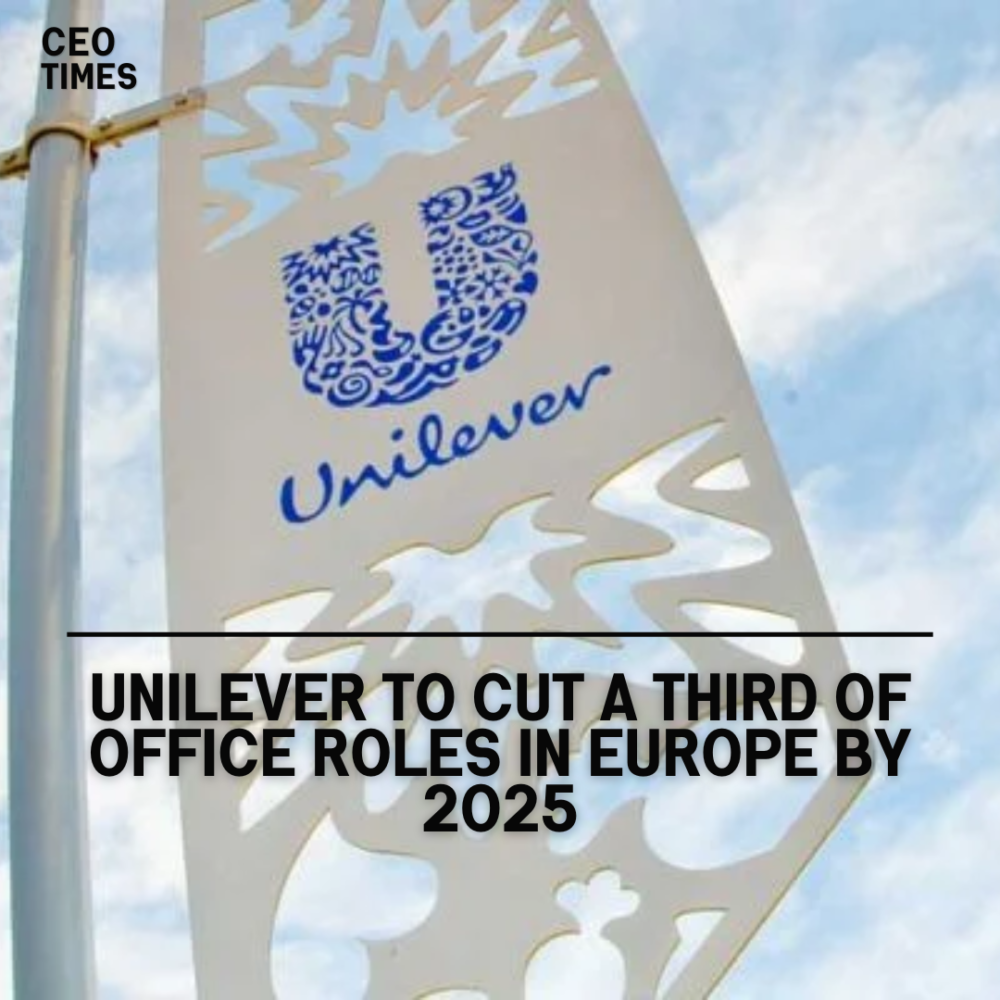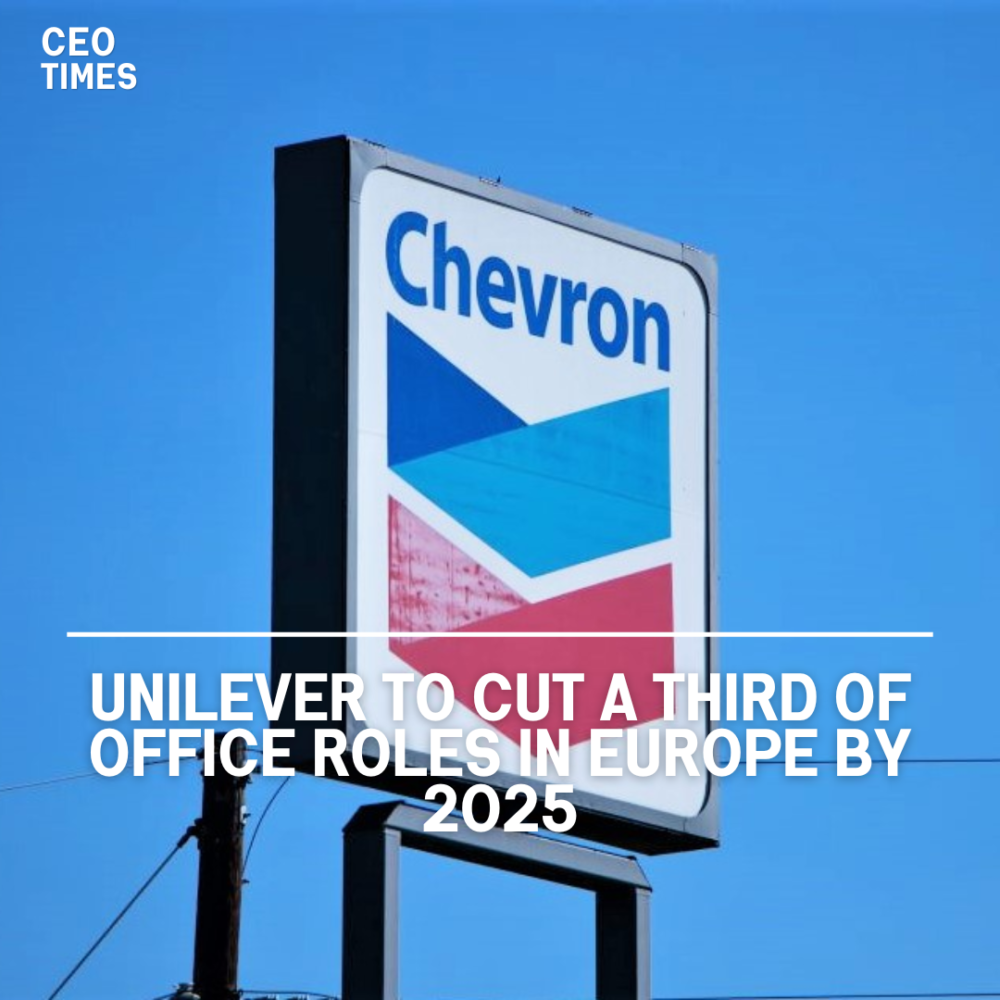As part of CEO Hein Schumacher’s strategy to revive growth at the consumer goods giant, Unilever plans to reduce its office workforce in Europe by a third by the end of 2025.
The company, which counts billionaire activist investor Nelson Peltz among its shareholders and board members, has already been working to streamline its business.
CEO’s Revival Strategy:
CEO Hein Schumacher, who took over last year, outlined plans in October to regain investor confidence after a period of underperformance. On Wednesday, Unilever informed senior executives that up to 3,200 roles would be cut in Europe by the end of 2025, according to details shared in a company-wide call.
“We are now, over the next few weeks, starting the consultation process with employees who the proposed changes may impact,” a Unilever spokesperson said in an email. The Financial Times first reported these details.
Productivity Programme:
The cuts are part of a productivity program announced in March, which included up to 7,500 layoffs. “The expected net impact in roles in Europe between now and the end of 2025 is 3,000 to 3,200 roles,” Constantina Tribou, chief human resources officer, said during the video call.
Hermann Soggeberg, head of Unilever’s European Works Council, described the measures as “the biggest job cuts in Unilever for decades” in a letter to staff seen by Reuters. He criticized the term “Productivity Programme,” arguing that it misrepresented that productive employees were losing their livelihoods.
As part of its growth revitalization plans, Unilever has already taken steps to overhaul its business. In March, it announced the spin-off of its ice cream business, which includes popular brands such as Magnum and Ben & Jerry’s.
Shareholder Perspective:
“From a shareholder’s point of view, a turnaround was required at an underperforming business,” said Jack Martin, a portfolio manager at Oberon Investments. “The presence of an activist on the shareholder register is typically an obvious indicator.
The ice cream business sale was the first step, but moving to streamline the workforce in the coming months speaks to the further work required to deliver value to shareholders.”
Unilever’s ongoing efforts to reduce costs and improve productivity aim to boost the company’s performance and deliver greater value to shareholders in the long term.




















